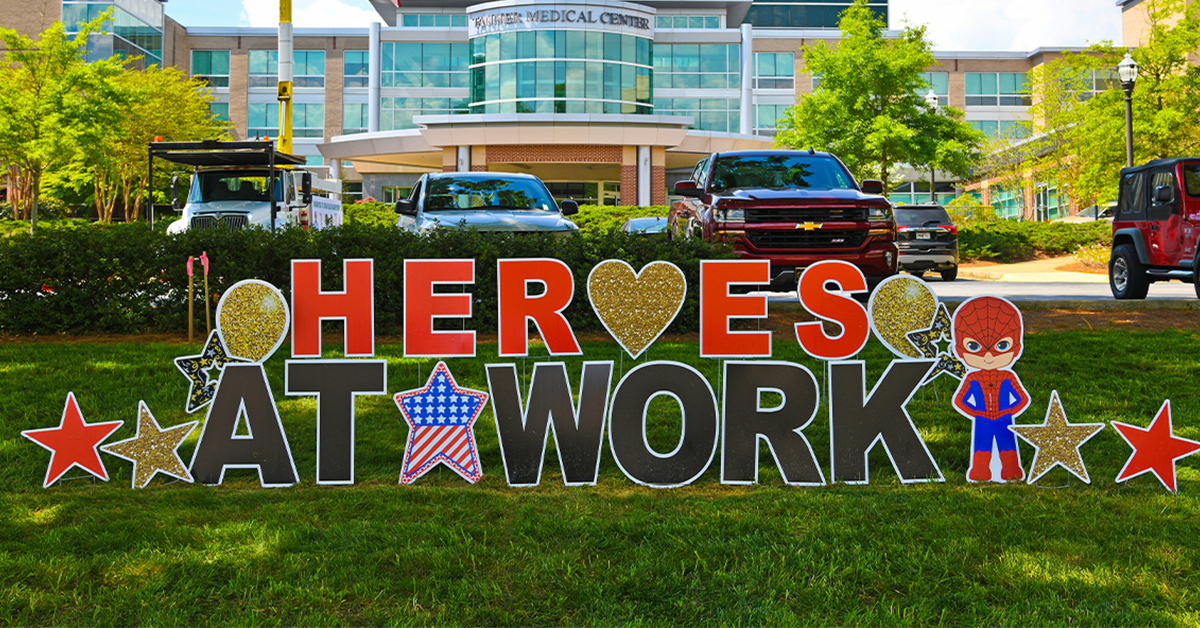
04 Oct Supporting the Mental Health Needs of Healthcare Workers and First Responders During COVID-19
In the last year and a half, we’ve watched in awe as first responders like doctors, nurses, paramedics, and even coroners and medical examiners have stepped up to the incredible demands put on them by COVID-19.
Most trained professionals could see the crushing wave of sickness coming. In late March 2020, several medical schools in half a dozen states even graduated their outgoing classes early, in response to urgent directives to get more physicians into the healthcare system.
Since then, more than 41.5 million COVID-19 cases have been reported in the United States. Of that number, more than 2,920,532 people have been hospitalized, and healthcare professionals have hardly had time to take a breath.
This unrelenting work has taken a toll on our first responders and has led to an increase in the severity of common healthcare workplace issues like acute stress disorder, burnout, and compassion fatigue. In turn, this has led to roughly 3 in every 10 health care workers considering leaving their profession, according to a recent joint poll conducted by The Washington Post and Kaiser Family Foundation.
As a mental health professional, you cannot take away the stress faced by first responders and health care workers in your care, but you can help them manage it. Let’s discuss how clinicians working in mental health and substance use can help support their front-line colleagues during this challenging time.
The Current State of First Responder Mental Health
Polls and surveys conducted in the last year and a half show a worrying trend. When asked, anywhere from 20% to 48% of front-line health care workers have considered leaving their jobs in 2021. Of those numbers, the highest figure (48%) represents ICU workers, who are the ones tasked with handling the most urgent and traumatic COVID-19 cases.
Regardless of whether front-line workers have resolved to stay at their jobs or not, their mental health continues to erode. The continual risk of exposure to COVID-19 is an ongoing source of stress, and many workers share that they suffer from stress-related issues like increased alcohol use, more frequent headaches and stomach aches, and sleep problems.
However, despite these ongoing issues, only 13% of front-line workers responding to the same survey say that they have received access to any mental health services to help them cope. This is a shocking figure that we need to collectively prioritize and improve upon.
Supporting the Mental Health of First Responders in Your Care
Whether you already have front-line and health care workers in your care or are preparing to expand your clinic’s current client base, there are always ways that you can offer these clients new tools and techniques to improve their working lives.
Here are some of the most useful ways that you can support the mental health of first responders in your care.
Expand access to care for front-line and health care workers. If you don’t already serve front-line and health care workers in your practice, try to identify some of the factors that may be holding them back from accessing your mental and behavioral health care. Is it a lack of late-night and weekend appointment accessibility? Are you unable to offer teletherapy and other methods that can serve clients who work long hours?
Identifying potential barriers and developing workarounds will help ensure that more of these essential workers can access your care.
Work with them to identify symptoms of stress and burnout. If you already serve front-line and health care workers in your practice, the most important tool you can offer them is the ability to identify their own symptoms of stress and burnout. Not everyone responds to these traumatic triggers in the same way.
First, discuss the list of potential stress, burnout, and compassion fatigue symptoms. Then, help them identify the ones that they have noticed in their own life. As they develop an awareness of the symptoms they display on a regular basis, it will be easier for them to take preventative action.
Be mindful of unhealthy coping mechanisms. In light of all the stress, uncertainty, and fatigue, many first responders and health care workers have been relying on alcohol and drugs as a coping mechanism. Without being judgmental, clinicians should screen all clients for excessive illicit drug use and refer them for specialized substance use treatment if necessary.
Help them create a plan for self-care. If your client wishes to stay in their job, they will need to develop a plan for self-care moving forward. As a clinician, you can help them create this plan and customize it to their needs.
Once you’ve developed the plan together, enter it into your behavioral health EHR, so you can check in on how it’s working for them during every subsequent appointment and adjust it according to their evolving needs.
First responders and health care workers have put both their mental and physical health on the line to serve their patients during the COVID-19 pandemic. As clinicians, we have the unique ability to help these essential workers, which in turn will benefit their patients, hopefully leading to more positive outcomes overall.



Sorry, the comment form is closed at this time.